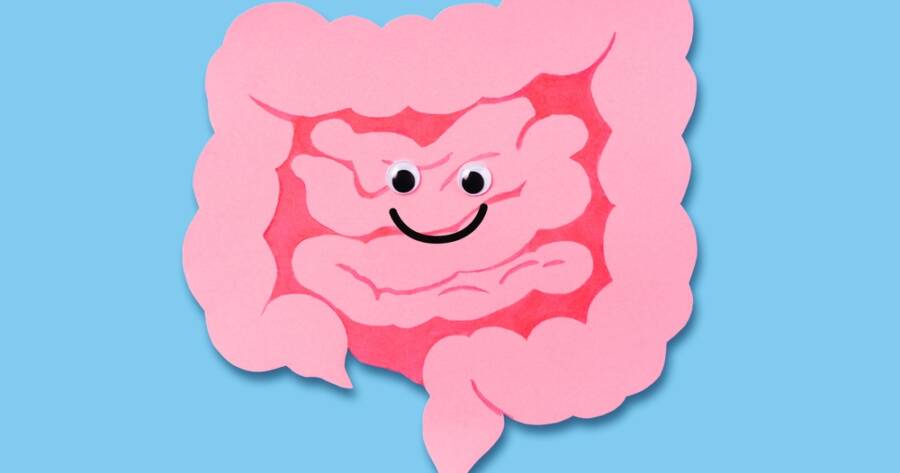When your gut is happy, your whole body feels the difference. Bloating, sluggish digestion, and discomfort are often signs your digestive system needs a little extra care, and the right foods can help. Certain ingredients are packed with fiber, enzymes, and probiotics that keep things moving smoothly and reduce inflammation from the inside out. With a few simple additions to your plate, you can support your gut, improve digestion, and feel lighter and more energized every day.
Yogurt and Fermented Foods for a Probiotic Boost
Yogurt is one of the best-known sources of probiotics, which are live bacteria that help support a healthy gut microbiome. These beneficial bacteria aid in breaking down food, absorbing nutrients, and keeping your digestive system running smoothly. Look for unsweetened, plain yogurt with live or active cultures to get the full benefits.
Beyond yogurt, fermented foods like kefir, sauerkraut, kimchi, miso, and kombucha also offer probiotic support. These foods introduce healthy bacteria into your gut, helping to balance your microbiome and reduce bloating, gas, and constipation. Adding just one fermented item to your daily meals can support digestive harmony and improve overall gut health naturally.
Fiber-Rich Fruits and Vegetables That Keep Things Moving
Fiber is a must-have for good digestion. It adds bulk to stool, keeps things moving through your system, and feeds the good bacteria in your gut. Fruits like apples, pears, and berries are rich in soluble and insoluble fiber, helping ease both constipation and bloating. Vegetables like broccoli, carrots, and leafy greens also provide key digestive support.
Aim to include a mix of raw and cooked produce throughout your day. While raw veggies offer crunch and hydration, cooking can soften fiber for easier digestion, especially if your gut is sensitive. Don’t forget to drink plenty of water with high-fiber foods, as hydration helps fiber do its job and prevents any discomfort or constipation.
Whole Grains for Steady Energy and Smooth Digestion
Whole grains like oats, quinoa, brown rice, and whole wheat bread provide both fiber and B vitamins that support digestion. They help regulate bowel movements and provide fuel for the good bacteria in your gut, keeping your microbiome balanced and active. Unlike refined grains, whole grains are digested more slowly, which helps prevent bloating and spikes in blood sugar.
Start your day with oatmeal, swap white rice for quinoa at dinner, or enjoy a slice of whole grain toast with your eggs. Small, consistent changes make a big difference in how your gut feels. Over time, incorporating more whole grains can reduce digestive discomfort and help your system feel more regular and resilient.
Ginger and Peppermint to Soothe Your Stomach
Ginger has long been used as a natural remedy for nausea, gas, and bloating. It contains compounds that relax the intestinal tract and stimulate digestive enzymes, making it a great choice for calming an upset stomach or easing discomfort after a heavy meal. Fresh ginger tea or grated ginger in soups and smoothies are easy ways to incorporate it.
Peppermint, especially in tea form, is another digestive superstar. It helps relax the muscles in your gastrointestinal tract, which can reduce cramping, bloating, and gas. Both ginger and peppermint are gentle, natural solutions for digestive distress and are easy to keep on hand for when your gut needs a little extra support.
Hydrating Foods and Fluids That Aid Digestion
Staying hydrated is key for healthy digestion. Water helps break down food, absorb nutrients, and move waste through your intestines. But beyond plain water, hydrating foods like cucumbers, watermelon, oranges, and celery can also support your gut. These water-rich foods are gentle on the stomach and help flush out excess sodium and toxins that can contribute to bloating.
Start your morning with a glass of warm lemon water to stimulate digestion, and aim to drink consistently throughout the day. Herbal teas like chamomile or fennel can be calming and anti-bloating. Prioritize hydration, and your digestive system will have what it needs to work efficiently and comfortably.
Prebiotic Foods That Feed Your Good Bacteria
Prebiotics are a type of fiber that feeds the healthy bacteria in your gut, helping them grow and thrive. Foods like garlic, onions, bananas, asparagus, leeks, and Jerusalem artichokes are rich in prebiotics. Unlike probiotics, which introduce new bacteria, prebiotics nourish the ones you already have.
Incorporate these ingredients into meals throughout the week—add onions to stir-fries, bananas to smoothies, or roasted asparagus to your dinner plate. When you pair prebiotic foods with probiotic sources, like yogurt or fermented vegetables, you create a powerful combo that boosts digestion and overall gut health. It’s all about creating a healthy environment in your gut—and these foods help make that possible.
Support Your Gut, Feel the Difference
A healthy gut does more than just improve digestion; it affects your energy, mood, and immune system, too. By adding more probiotic-rich foods, fiber, prebiotics, and soothing ingredients into your meals, you can ease bloating, improve regularity, and feel more balanced overall.
You don’t need a restrictive diet! Just a few smart, sustainable choices. Listen to your body, nourish it with care, and your gut will thank you with better comfort and better health.

